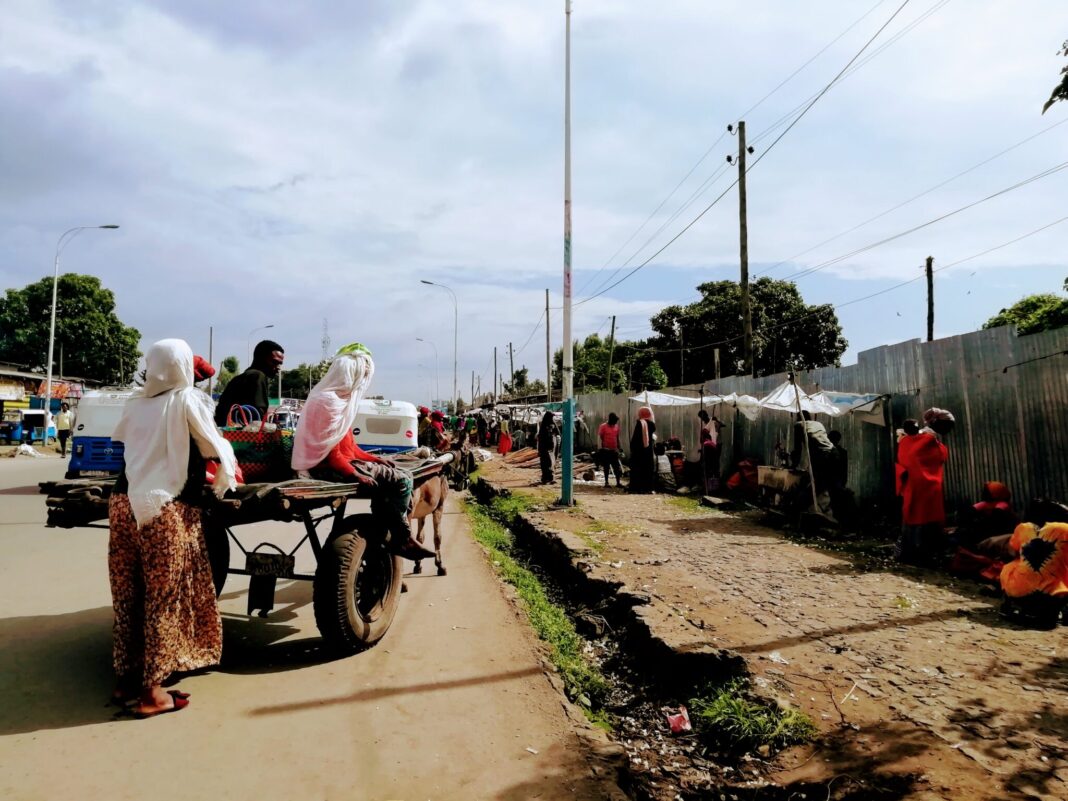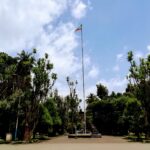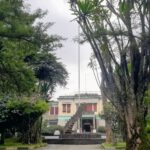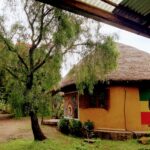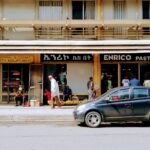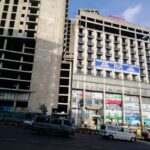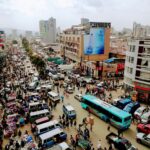by Silvia Orri
(1 – More) In Italy, the examination and understanding of the effects of the fascist colonial period has relied primarily on individual curiosity, self-education and literary exploration. This leaves the educational system with a peripheral role in initiating efforts to construct a reparative narrative for the atrocities and abuses that have been collectively suppressed for decades. This situation is akin to a deep well, with the rope of the memory bucket representing a metaphorical thread that is gradually wearing thin.
There are many streets in Italy named after Libyan cities, Ethiopian battles, Fascist hierarchs, Somalia or Eritrea. Via dell’Amba Aradam… Why? What happened there? But above all, what narrative does it want to remember and fix with such a nomenclature? Does the monument to Rodolfo Graziani in Affile aim to celebrate the author of the massacre at Debra Libanos in 1937? After reading the indispensable writings of Angelo del Boca and immersing myself in novels such as “The Shadow King” by Maaza Mengiste, “Abandonment” by Erminia dell’Oro, “Righteous Blood” by Francesca Melandri, “Ghosts of the Empire” by Luigi Panella, Marco Consentino, Domenico Dodaro, I decided that it would be right and instructive to go there, to visit a former Italian colony. To see with my own eyes the fascist architecture, to order a cappuccino in an East African bar, to be surprised by the prevalence of Italian surnames.
Ethiopia. An immense country, its geographical expanse is matched by the vastness of its ethnic and linguistic diversity and the myriad of its landscapes and environments. Having landed and settled in Addis Ababa, the third highest capital city in the world (over 2,300 m), and trying to juggle to figure out what the next stages would be, I realised that the reviews, comments and suggestions I found on the web were mostly from 4 years ago. Few more recent experiences from other travellers, travel agencies no longer active, businesses closed.
Habit makes you think: Covid-effect? But no, this is the war effect, or to be more precise, “the effect of a war between states, transformed into an ethnic war effect, with the parenthesis of a ceasefire effect, celebrated by the award of the Nobel Peace Prize to the Ethiopian Prime Minister Abiy Ahmed Ali, who is still in office”. It was a complicated, long and seemingly completed effect, the aftermath of which is still relevant today. The two states I am referring to are Eritrea and Ethiopia, whose armies officially clashed from 1998 to 2000 over border disputes, but the actual withdrawal of Ethiopian soldiers from the Eritrean town of Badme did not take place until 2018. On the Internet, I discover that this conflict has been described by some as ‘a bare-knuckle fight over the ownership of a comb’.
The 2018 peace agreement is described as ‘historic’ and Abiy Ahmed, its initiator, is awarded the 2019 Nobel Peace Prize. Antonio Guterres, Secretary-General of the United Nations, notes that Abiy’s vision “helped Ethiopia and Eritrea achieve a historic rapprochement […]. This milestone has opened up new possibilities for security and stability in the region. Prime Minister Ahmed’s leadership has been a wonderful example to Africa and the world. He sought to overcome the resistance of the past and put people first.
Winds of hope seemed to refresh the region, sweeping away decades of resentment and conflict. Unfortunately, the interlude of peace was short-lived. The coronavirus is to blame. On 10 June 2020, the Ethiopian parliament granted the prime minister permission to stay in office beyond his term of office and postponed the parliamentary elections, which were due to be held in August because the epidemic was a public health problem at the time. The opposition’s request for a transitional or interim government was not accepted. The following months were marked by violent ethnic clashes in the capital and beyond, with hundreds killed and arrested. In September, the leaders of the northern region of Tigray decided to hold their own elections, as had been expected in June, and the Popular Front for the Liberation of Tigray won all the available seats in the regional parliament. In early November, the Fplt cut off communications between the region and the rest of the country. On 4 November, troops from Addis Ababa, this time backed by the former enemies of the Eritrean armed forces and the Amhara militias, attacked the Tigrean rebels allied with the Oromo ethnic group.
The coronavirus epidemic in Ethiopia is definitely taking a back seat. Rather than abating, the conflict has spread to other parts of the country and continued for over two years. A report published by Amnesty International and Human Rights Watch speaks of war crimes and crimes against humanity. There is evidence of ethnic cleansing, rape, torture, summary executions, sexual slavery, as well as food seizures and obstruction of humanitarian access.
In August 2021, just two years after the words of glowing hope he uttered when awarding the Nobel Prize to Abiy, Antonio Guterres had to do a bit of soul-searching, drawing attention to the ongoing conflict and declaring that: “The unity of Ethiopia and the stability of the region are at stake”. Inflammatory rhetoric and ethnic profiling are tearing at the social fabric of the country. It seems that the ‘new opportunities for security and stability in the region’ he hoped for have not found fertile ground to blossom. After more than 700 days of war, a ceasefire was signed on 2 November 2022, but the outcome is obviously dramatic and the situation is in a palpably precarious state.
To learn more, read our Ethiopia conflict factsheet
Photos by Silvia Orri



















